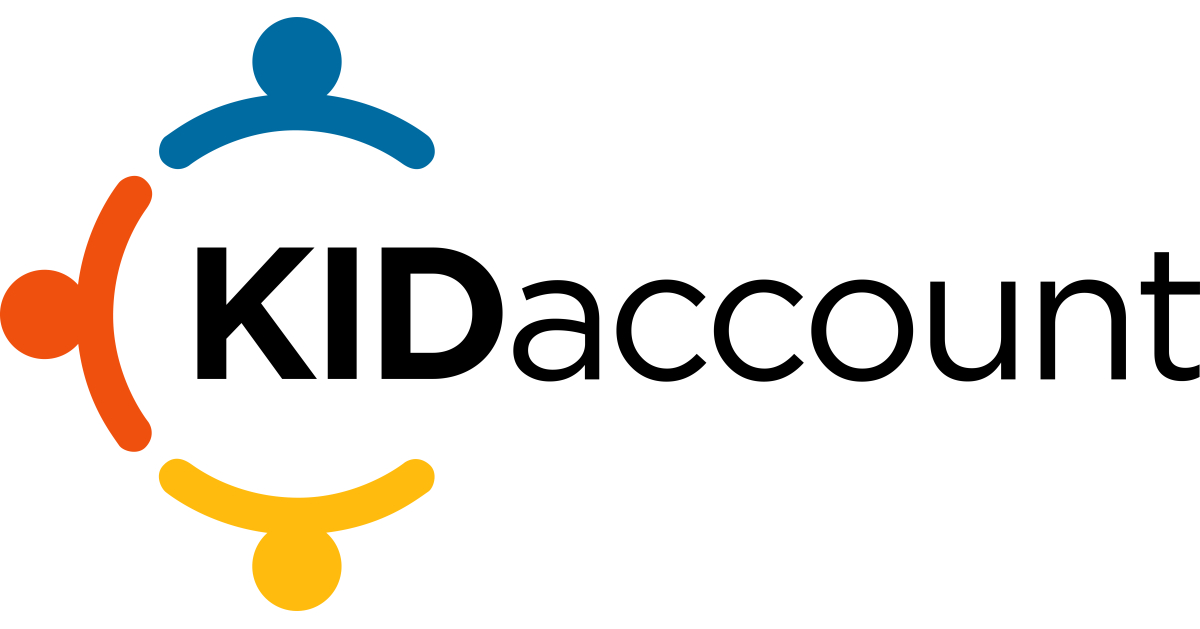LABUAN: The Ministry of EducatIon’s (MOE) educational reforms step on the basic issues in education based on the National Education Philosophy and in line with the current needs of today’s world.
Deputy Education Minister Wong Kah Who said the ministry’s six directions have been identified and outlined as a major agenda in supporting the country’s goals, including Upholding the Malay Language and Strengthening the Command of English (MBMMBI).
He said the other directions are Digital Education; Empowerment of the Science, Technology, Engineering and Mathematics (STEM) curriculum; Technical and Vocational Education and Training (TVET) Programme; Expansion and Strengthening of Preschools; as well as the 2027 Schooling Education and Curriculum Plan.
“This is the work we are paying attention to in order to ensure that the education reform agenda moves swiftly so that the quality of our children’s education is high quality and relevant over time.
“Accordingly, six special task forces have been established to drive the implementation of these six priorities consistently,“ he said at the Labuan Vocational College Project Handover Ceremony today.
Wong said that in the context of vocational colleges (KV), in order to realise the intention of educational reform in KV, the Vocational College Standard Curriculum (KSKV) also underwent changes and was improved in line with current needs with some new aspects in certain fields.
“Among them is the automotive industry; as we can see electric cars (EVs) and hydrogen technology are beginning to make their way onto roads all over the country,“ he said.
Wong said the transformation of vocational education is an effort to engineer the TVET education system in producing skilled workers and a high-income country.
He said the certification offered by KV is from the certificate level to the skill diploma level and is accredited by the Malaysian Qualifications Agency (MQA), Malaysia Board of Technologists (MBOT), Department of Skills Development (JPK) and Examinations Board (LP).
Based on the 2022 Vocational College Graduate Employability Report through the TVET Graduate Tracking Study System (SKPG), the overall employability of KV graduates is 99.38 per cent, he said.
Meanwhile, the percentage of employability of KV graduates who work in the field is 73.49 per cent.
He added that his ministry is also aware of the importance of the field of Artificial Intelligence (AI) which will be integrated into the vocational curriculum especially for Information Technology, Computer Technology, 3D Animation Technology and Graphic Design Technology programmes.
Note: This article have been indexed to our site. We do not claim legitimacy, ownership or copyright of any of the content above. To see the article at original source Click Here













